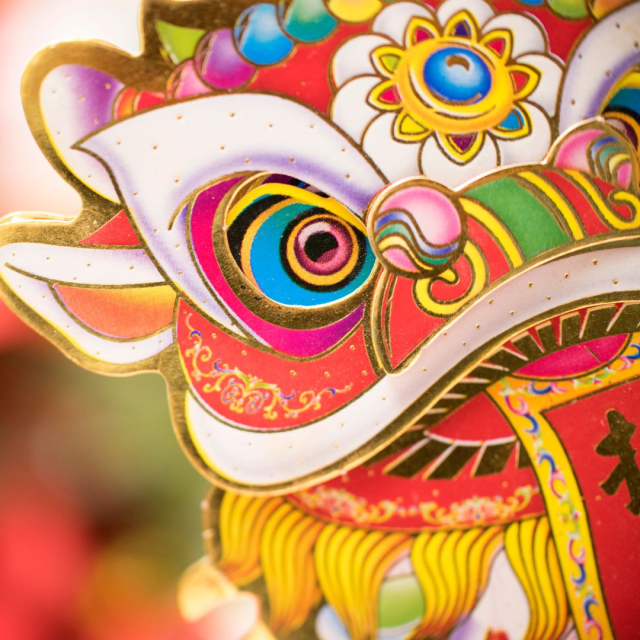Peru, a country known for its cultural and religious diversity, is home to a wide range of non-Catholic religious holidays that reflect the rich heritage of its various ethnic and religious groups. Throughout the year 2024, these festivities mark important moments for the communities that celebrate them, offering not only occasions for spiritual reflection, but also opportunities to share traditions and strengthen social cohesion.
January
January 1: Orthodox New Year
The Orthodox New Year is celebrated by several Orthodox Christian communities in Peru. This holiday marks the beginning of the new year according to the Julian calendar, observed by churches such as the Russian, Greek and Serbian Orthodox.
February
February 5: Chinese New Year
Although not a religious holiday in itself, Chinese New Year is celebrated by the Chinese-Peruvian community with traditional rituals that include prayers and offerings to ancestors. It is a holiday that marks the beginning of the new lunar year.
March
March 1: Holi
Holi, also known as the Festival of Colors, is celebrated by the Hindu community in Peru. This holiday marks the arrival of spring and the victory of good over evil, being a time of joy and camaraderie.
April
April 10: Jewish Easter (Pesach)
Passover, or Passover, commemorates the liberation of the Jewish people from slavery in Egypt. It is an important holiday that includes ceremonial dinners and religious rituals observed by the Jewish community in Peru.
May
May 5: Vesak
Vesak is a Buddhist holiday that commemorates the birth, enlightenment and death of Buddha. Although it is not as widely celebrated in Peru as in other Asian countries, the Buddhist community observes this date with meditations and community service activities.
June
June 6: Eid al-Fitr
Eid al-Fitr marks the end of the holy month of Ramadan for the Muslim community in Peru. It is a time of celebration that includes special prayers, charity and family gatherings.
July
July 22: Holy Ancestors Day
This holiday is celebrated by the Afro-Peruvian community, where tribute is paid to ancestors and ancestors through rituals, music and dance. It is an opportunity to keep ancestral culture and traditions alive.
August
August 15: Assumption of the Virgin Mary (Orthodox Church)
For Orthodox communities, the Assumption of the Virgin Mary is an important holiday that commemorates the elevation of Mary, mother of Jesus, to heaven. It is celebrated with special religious services and processions.
September
September 29: Rosh Hashanah
Rosh Hashanah, or the Jewish New Year, marks the beginning of the new year according to the Hebrew calendar. It is a time of reflection, prayer and family reunion for the Jewish community in Peru.
October
October 27: Diwali Day
Diwali, known as the Festival of Lights, is a Hindu holiday that celebrates the victory of good over evil and light over darkness. In Peru, the Hindu community observes this holiday with light decorations, prayers and the exchange of sweets.
November
November 2: Day of the Dead
Although not a non-Catholic religious holiday in itself, Day of the Dead is celebrated by many indigenous communities in Peru, as a way to honor their ancestors and remember deceased loved ones.
December
December 22: Hanukkah
Hanukkah, or the Feast of Luminaries, is a Jewish holiday commemorating the rededication of the Temple in Jerusalem. It is celebrated with the progressive lighting of candles in a menorah and the observance of special culinary traditions.
The calendar of non-Catholic religious holidays in Peru reflects the cultural and spiritual diversity of the country, providing opportunities for intercultural understanding and the celebration of religious plurality. These festivities are not only moments of devotion and faith for the communities that celebrate them, but also occasions to strengthen social cohesion and promote mutual respect between different religious traditions. As Peru moves into the 21st century, these festivities continue to play a crucial role in preserving and promoting the country's religious and cultural diversity.
